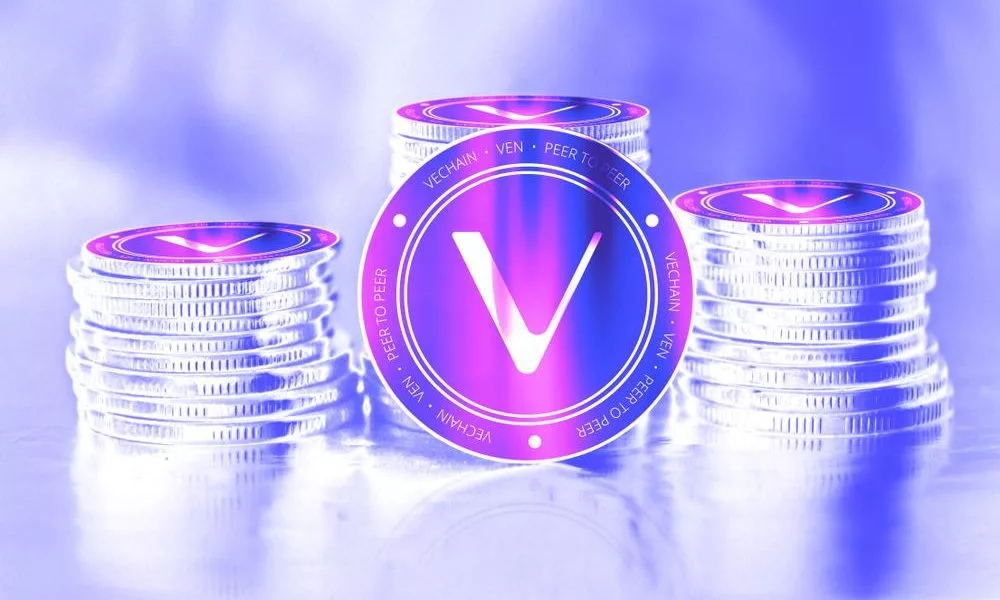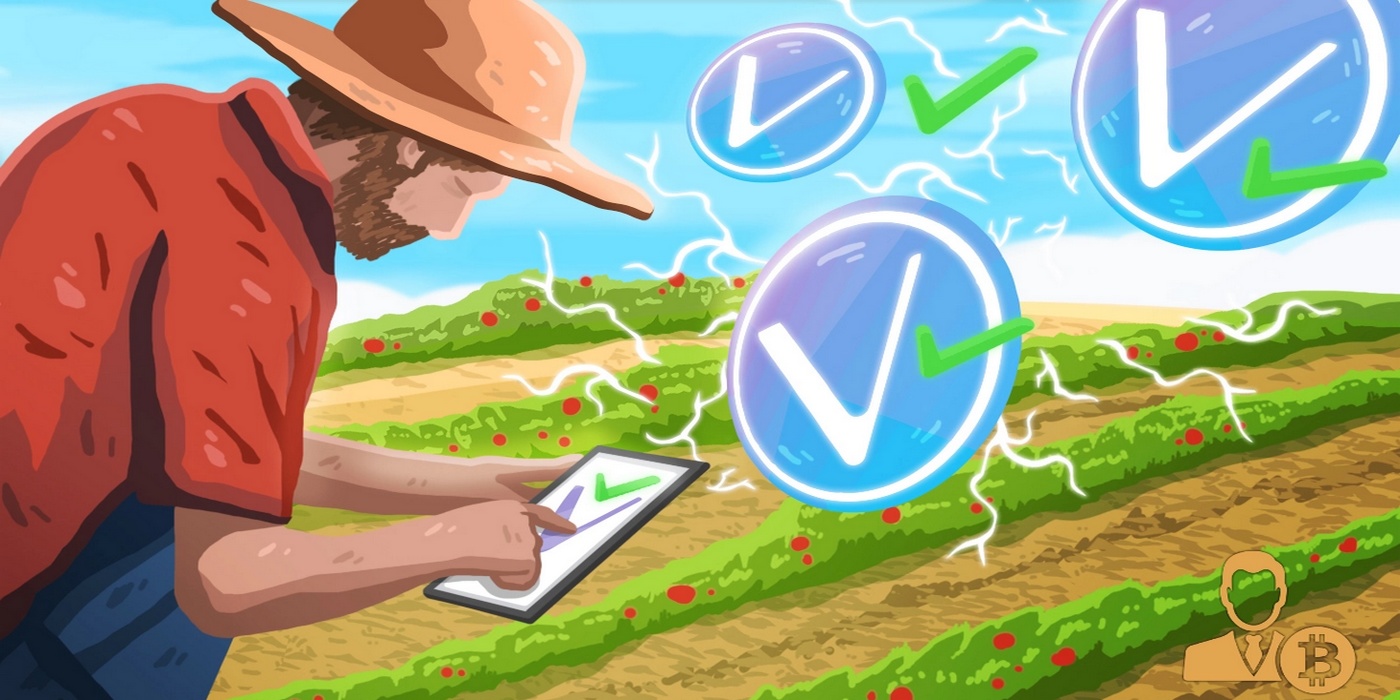Respect for your privacy is our priority
The cookie is a small information file stored in your browser each time you visit our web page.Cookies are useful because they record the history of your activity on our web page. Thus, when you return to the page, it identifies you and configures its content based on your browsing habits, your identity and your preferences.
You may accept cookies or refuse, block or delete cookies, at your convenience. To do this, you can choose from one of the options available on this window or even and if necessary, by configuring your browser.
If you refuse cookies, we can not guarantee the proper functioning of the various features of our web page.
For more information, please read the COOKIES INFORMATION section on our web page.


 The project is managed by Tokenfarm, an initiative of Coldiretti led by Pier Luigi Romiti. Per sources close to the matter, the team has adopted VeChain ToolChain for the pilot which seeks to foster trust and transparency in the supply chains of Italian agricultural products and boost consumer confidence by making it possible for consumers to view the entire history of the purchased farm product right from the farm, down to when it hits the shelf. The project has been in the development phase for a year and a half and has involved some 300 companies, 17 cooperatives and six producer associations that will use the VeChain based blockchain platform to track their deliveries.
The project is managed by Tokenfarm, an initiative of Coldiretti led by Pier Luigi Romiti. Per sources close to the matter, the team has adopted VeChain ToolChain for the pilot which seeks to foster trust and transparency in the supply chains of Italian agricultural products and boost consumer confidence by making it possible for consumers to view the entire history of the purchased farm product right from the farm, down to when it hits the shelf. The project has been in the development phase for a year and a half and has involved some 300 companies, 17 cooperatives and six producer associations that will use the VeChain based blockchain platform to track their deliveries. A blockchain is a growing list of records, called blocks, which are linked using cryptography. Each block contains a cryptographic hash of the previous block, a timestamp, and transaction data.
A blockchain is a growing list of records, called blocks, which are linked using cryptography. Each block contains a cryptographic hash of the previous block, a timestamp, and transaction data.


























